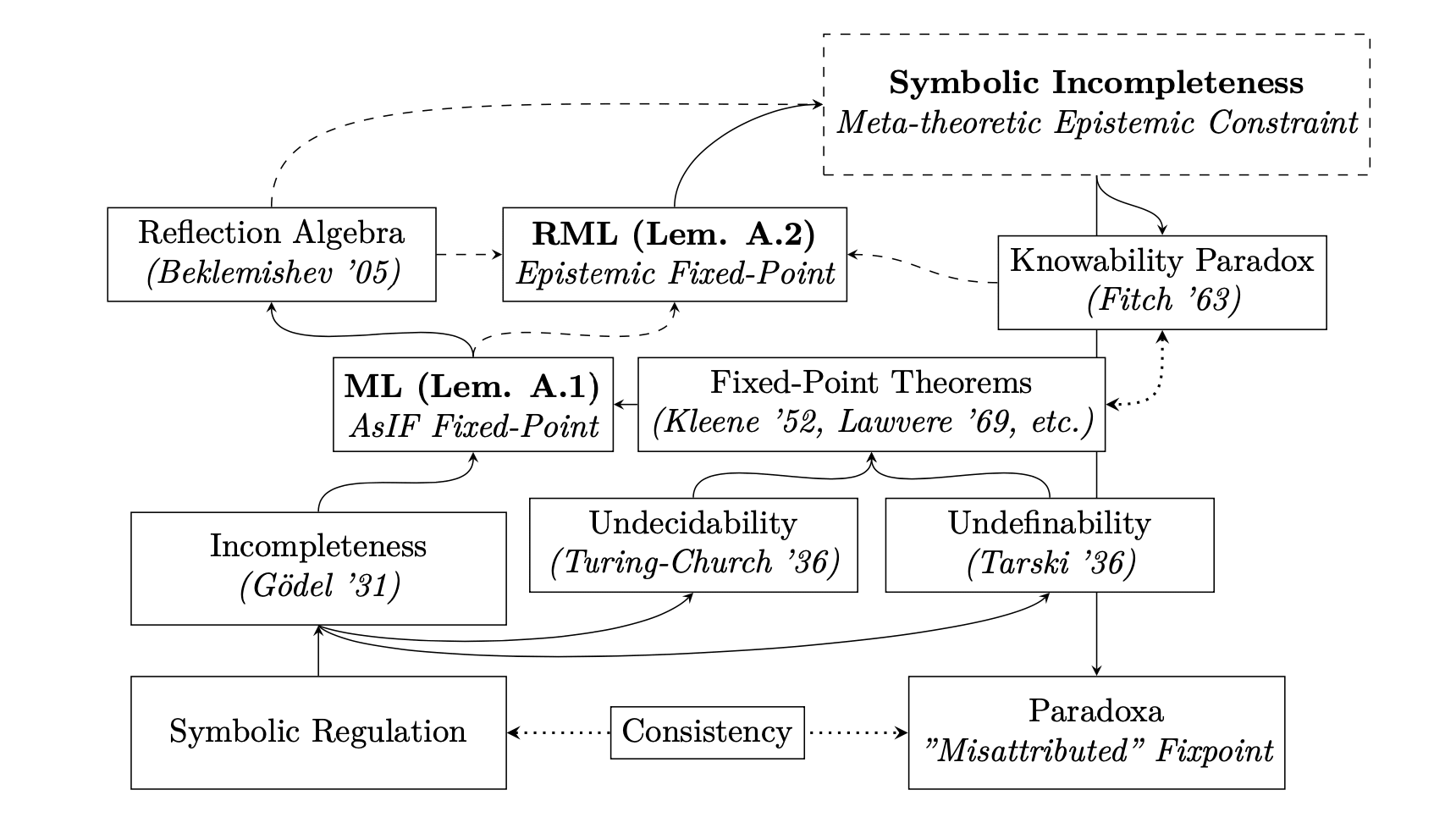Published on May 28, 2025 10:50 AM GMT
The Vanishing Sky
Consider the following analogy:
In a universe undergoing accelerating expansion, distant galaxies gradually slip beyond our horizon, until the point at which their light can no longer reach us. These galaxies do not disappear in the literal sense, but they become causally disconnected from us: their light will never reach us, and thus they are forever beyond our observation[1].
In a far-distant future, this could lead to hypothetical situation in which only a single galaxy—our own—remains within the observable universe. All other structures would have vanished beyond the horizon, occluded by the expansion of space. For future observers, the universe would be limited to this one galaxy. Their cosmology would necessarily be confined to what lies within this narrow observational horizon.
Such a cosmology would be internally consistent, yet fundamentally incomplete—without this being apparent.
This raises the question: Since our cosmological models are constructed entirely from what we can observe, is it possible that we, too, are in a similarly constrained position today? If vast regions of the universe already lie beyond our cosmological horizon, then we lack not only access to their information—but even awareness of their absence. We may suspect that our picture of the universe is incomplete, but we cannot know in what way, or to what extent.
Provability Inclusion implies that, despite epistemic limitations, every entity, system, or cosmology is compelled to treat available data as a kind of Löbian Ground Truth[2]—not because it chooses an antecedent freely, but because it is constrained by an enforced relative consistency.
A tribe situated in a dense forest might naturally assume that the entire world is forest. We readily recognize the fallacy in this perspective when applied to an insect living on a single tree, believing that tree to constitute the entirety of existence.
The Theorem of Provability Inclusion is a limitative formal result in FOL that helps us look "downward" and recognize ourselves in the insect.
The Theorem of Provability Inclusion
The theorem (not peer reviewed), DOI: 10.5281/zenodo.15437909, suggests that any system is compelled into a behavioral fixed point, operating as if its internal model were complete—even in cases where this completeness is demonstrably refutable from an external, meta-theoretic vantage point by a sentence (φ). Under GL constraints, no consistent system, including all components, can internalize the assertion of its own provability predicate without the loss of consistency.
This phenomenon is rigorously formalized via Hilbert-Bernays-Löb (HBL) derivability.
As a framework:

- ^
Krauss, L. M., & Scherrer, R. J. (2007). The Return of a Static Universe and the End of Cosmology.
- ^
Löb, Martin (1955). "Solution of a Problem of Leon Henkin". Journal of Symbolic Logic. 20 (2): 115–118.
Discuss

